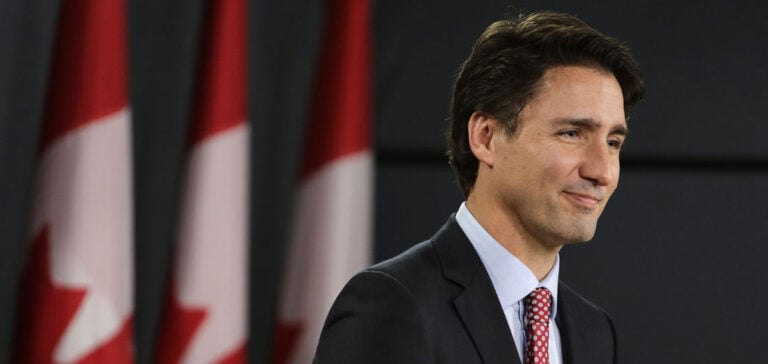Canadian Prime Minister Justin Trudeau recently took the unexpected step of granting a three-year carbon tax exemption for heating oil. This measure aims to provide targeted relief to rural and low-income households, while continuing to promote carbon pricing to meet the country’s climate goals. The decision was announced by Canada’s Energy Minister to Reuters.
Heating oil is a fuel used by many Canadian families, but it is often much more expensive than natural gas, with a significant price increase in 2022. According to Energy and Natural Resources Minister Jonathan Wilkinson, “heating oil is two to four times more expensive than natural gas, and it’s up 75% by 2022. If you look at the people who typically use heating oil, they tend to be less affluent people.”
Political and public reaction
However, it’s important to note that only about 3% of Canadians use heating oil, most of them concentrated on the Atlantic coast, where the Liberals have strong parliamentary representation. The Trudeau government had previously maintained a carbon pricing policy without exemptions, despite calls from provincial premiers to extend the exemption to natural gas, which would allow the whole country to benefit.
Supporters of carbon pricing argue that this decision risks undermining the carbon pricing scheme, by fuelling misconceptions about its climate objective. Dale Beugin, executive vice president of the Canadian Climate Institute, said, “Presenting this as an affordability issue feeds misconceptions about carbon pricing.”
Impact on upcoming elections
Canadians who pay the federal carbon tax receive quarterly refunds, regardless of their emissions, and most receive more money in refunds than they pay in carbon taxes. Michael Bernstein, Executive Director of Clean Prosperity, a climate policy advocacy group, stressed that carbon pricing is an effective way of combating climate change.
Trudeau’s political about-turn has also had an impact on the Canadian political landscape, with Conservative Party leader Pierre Poilievre taking a commanding lead in opinion polls. Poilievre has promised to “abolish” the carbon tax if elected, although he has yet to present his own climate policy. Poilievre’s lack of a climate plan is causing concern among companies considering major investments in clean technologies, as they need policy certainty.
Prime Minister Justin Trudeau’s decision to grant a carbon tax exemption for heating oil has sparked debate in Canada. While it aims to support low-income and rural households, it has also raised questions about the future of carbon pricing in the country. Climate policy and upcoming electoral choices will have a significant impact on Canada’s trajectory towards zero net emissions by 2050.






















